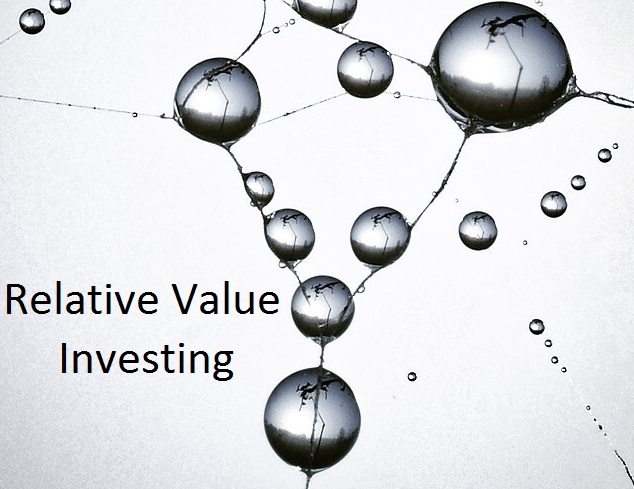source article : Mark W. Gaffney
As a trader / investor I often think my primary skill is the ability to assess human emotions, or what is known as 'behavioural economics'. Whatever inputs I put into my investing/trading decisions invariably it is the momentum (behaviour) bias which always dominates.
As we know people do not change. From the 1852 book Extraordinary Popular Delusions and the Madness of Crowds, Charles Mackay wrote "Men, it has been well said, think in herds; it will be seen that they go mad in herds, while they only recover their senses slowly, and one by one."
Halloween pumpkin pricing in the US. Aussie equivalent is Easter chocolate.
This quote is spot on as this behaviour is invariably always displayed as a stock or futures contract makes a price breakout. Many terms can be used to describe market behavior at times from mad, irrational, insane, or crazy. Some even ask themselves 'is the market mentally ill?
Understanding and identifying the cyclical emotional extremes of a market gives an investor a huge advantage over those caught up by a mania (whether rising or falling). In the modern era Ben Graham was one of the first to compare markets to human emotional states. In his classic investment book The Intelligent Investor, he creates the parable of “Mr. Market” to illustrate an approach for managing the emotional whipsaws of investing.
Of course Buffett had something to say about 'Mr. Market'..."sad to say, the poor fellow has incurable emotional problems. At times he falls euphoric and can see only the favorable factors affecting the business. When in that mood, he names a very high buy-sell price, because he fears that you will snap up his interest and rob him of imminent gains. At other times, he is depressed and can see nothing but trouble ahead for both the business and the world. On these occasions, he will name a very low price, since he is terrified that you will unload your interest on him... Under these conditions, the more manic depressive his behavior, the better for you.”
Our old friend Coyote being caught long at the top!
The bottom line is that professional investors are generally occupied with trying to predict what the emotionally volatile Mr. Market will do next. As the mass psychology of markets moves through a generally predictable cycle, knowing where a market is in the cycle may give an investor an edge. Therefore an understanding of market mood phases will help in making profitable market decisions.
Of course Warren Buffett has the last word but it is so important. In fact it is at the heart of his investment philosophy - “Be Fearful When Others Are Greedy and Greedy When Others Are Fearful.”


